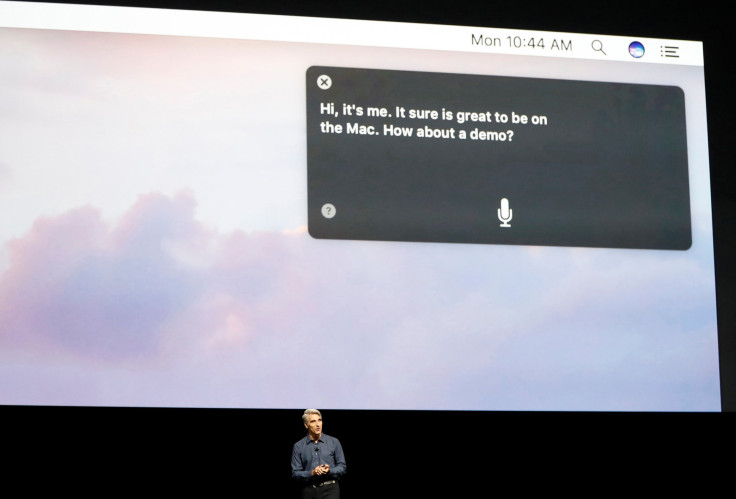Apple Siri vs. Samsung Bixby: iPhone Assistant Is Ahead In User Adoption Despite Lagging Behind In Tech

Voice assistants are becoming commonplace with many companies investing in them and both Android and iOS devices coming with at least one pre-installed. They are also slowly taking over the household, with presence in other hardware in addition to the smartphone, such as the HomePod — Apple’s smart speaker.
According to research firm Verto Analytics, a total of 72 million or 43.8 percent smartphone users use voice assistants and AI-based apps as of May.
Read: Siri vs. Alexa vs. Google Assistant: Apple Struggling With Privacy Concerns
Among major smartphone companies, Apple was the first mover in the voice assistant segment with its Siri. Samsung and Google did try to match up with S-Voice and Google Now, respectively, but these voice assistants lacked the conversational capabilities that Siri possessed. All that changed last year with the launch of a slew of artificial intelligence-based voice assistants, starting with Amazon’s Alexa. Google then came out with the Google Assistant and Samsung revealed its Bixby voice assistant. The latter comes with features such as Bixby Vision, which can use a device’s camera to analyze the object in an image.
All these assistants are far ahead of Siri, in terms of their integration across devices and features, while Siri is currently limited to the iPhone's home button. Siri, while it uses AI, does not really exploit those capabilities as much as its rivals.
Despite lagging behind in technology, Apple’s Siri is currently the behemoth among voice assistants, with 41.4 million monthly users in the U.S. in 21017, according to a study titled Rise of the Machines: How AI-Driven Personal Assistant Apps Are Shaping Digital Consumer Habits” by Verto Analytics. While its market share has declined from 48.7 million last year, it is still way ahead of Alexa’s user base of 2.6 million, the first AI-enabled voice assistant. Even as Siri’s user base is declining, rivals such as Cortana and Google have widened theirs. It is noteworthy that Amazon has made a 325 percent jump from 0.8 million users last year.
Yet, Siri’s lead is expected to continue unchallenged this year as well since it resides in 375 million iPhones, iPads, Macs and now even in the new HomePod.
The only voice assistants that have seen a decline in their user base are Siri and Samsung's outdated S-Voice, according to the report. Still, there is a good chance that this scenario can change in the future.
Apple opened Siri up to developers for the first time at the World Wide Developers Conference 2017 in May, which means that it could be integrated further into devices with the capabilities to send messages, make calls, and assist users in workouts.
The company has also integrated Siri better into the Apple Watch, with a new Siri watch face that will show users important information such as calendar appointments and reminders.
Read: Apple HomePod Siri Speaker Revealed At WWDC 2017
When iOS 11 releases in September/October, Siri is expected to be omnipresent throughout Apple’s ecosystem. It is also expected to organize mail, do real-time translation and even sync data between different devices.
That can widen the considerable edge Siri already enjoys over its rivals.
© Copyright IBTimes 2024. All rights reserved.











